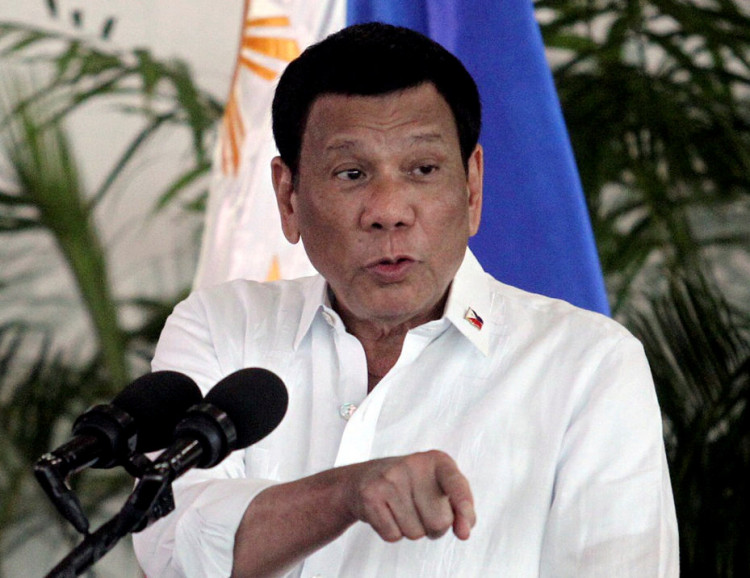The Chinese consulate general in Davao City, Philippines was officially opened on Oct. 28 with Foreign Minister Wang Yi formally leading the inauguration.
Minister Wang arrived in Davao City, the hometown of Philippine President Rodrigo Duterte, for a two-day visit. Aside from the inauguration, Wang would also attend bilateral meetings with various Philippine officials.
Foreign Affairs Secretary Teodoro Locsin Jr. attended the formal opening of the Chinese consulate in Davao, highlighting that the initiative is just one among the many future cooperation between China and the Philippines.
Davao is the biggest city in the Philippines with regard to land area and the third largest with regard to the population. The city boasts of the rapidly growing metropolis, strategic location, and connectivity. The city also accounts for 40 percent of Chinese fruits imports from the Philippines.
Locsin hoped that the inauguration of the Chinese consulate is key "to a robust and interconnected relationship, and to sustained interactions between the Philippines and China."
The Philippines foreign secretary said he would have a sit-down with Wang to discuss more agreements in trade, infrastructure, investments, tourism, agriculture, and education, science and technology, anti-terrorism, anti-narcotics, and cultural and people-to-people exchanges.
The inauguration happened just weeks after the Philippines and the United States sort out issues under the Trade and Investment Framework Agreement. President Duterte raised concerns that entering a trade with Washington would give rights to the Trump administration to stop the Philippines from conducting trade with non-market economies like Beijing.
On Friday, Oct. 26, Philippine Trade Secretary Ramon Lopez said the Philippines would continue trade with China even with the TIFA in place.
Lopez said US policy may have the indication that the Philippines would be stopped from trading with non-market economies. He explained, however, that what may be limited under TIFA is the new formations of a new freedom of trade agreement with a non-market economy. Any provisions that may otherwise require non-trading clause would have to be applied prospectively, Lopez said.
China is the Philippines top bilateral partner since 2017. Manila's exports to Beijing have increased to as much as 8.4 percent last year.
The Philippines has been seeking closer relations with China under Duterte's administration, distancing from its otherwise long-time ally, the United States. For one, Duterte has since been downplaying the country's maritime dispute in the South China Sea and has, instead, pushed for a joint exploration with Beijing.
Attending a birthday celebration of former Philippines foreign affairs secretary Alan Peter Cayetano later in the day of the inauguration, Minister Wang described President Duterte as "the most respected and the most important friend for President Xi Jinping."






